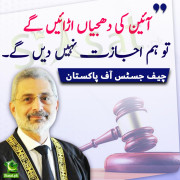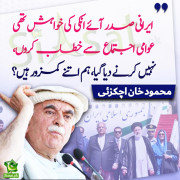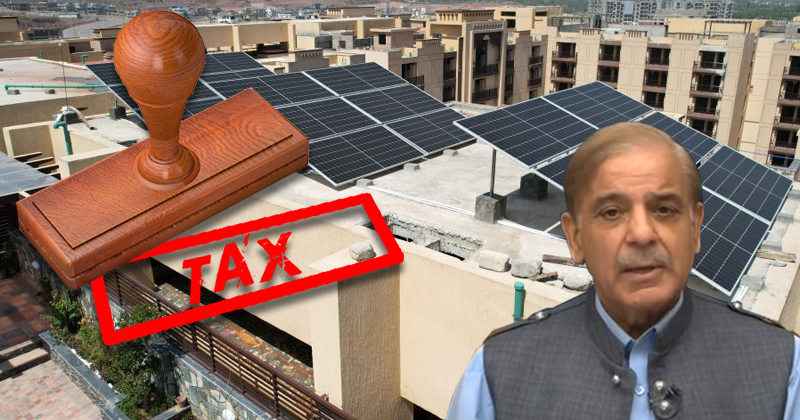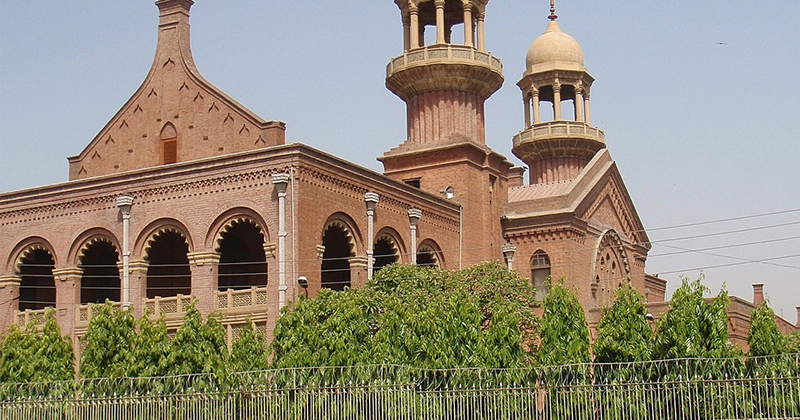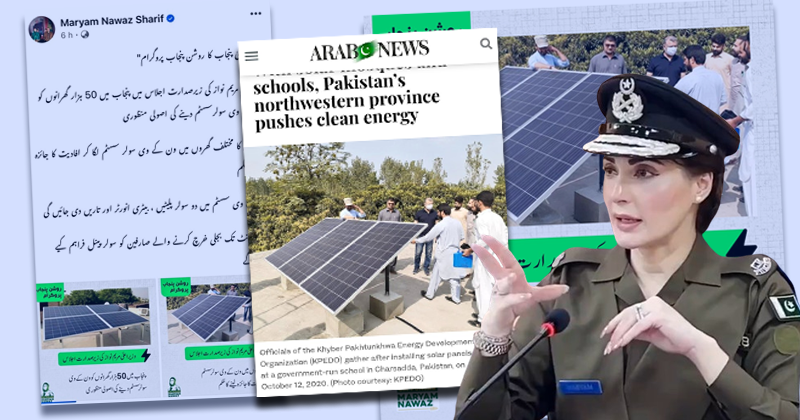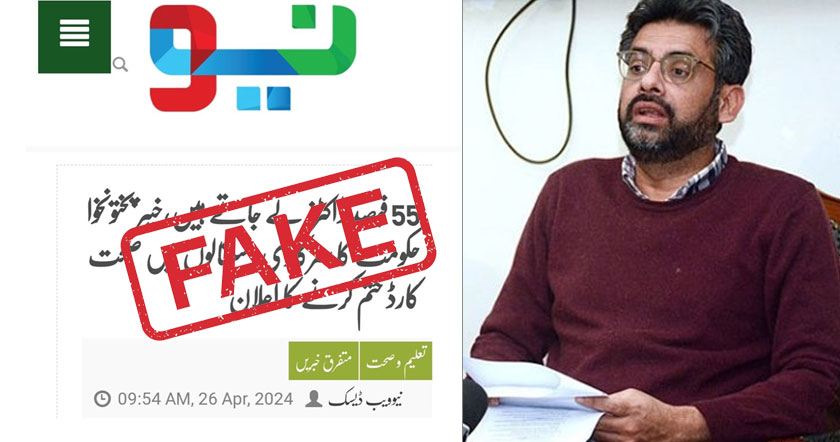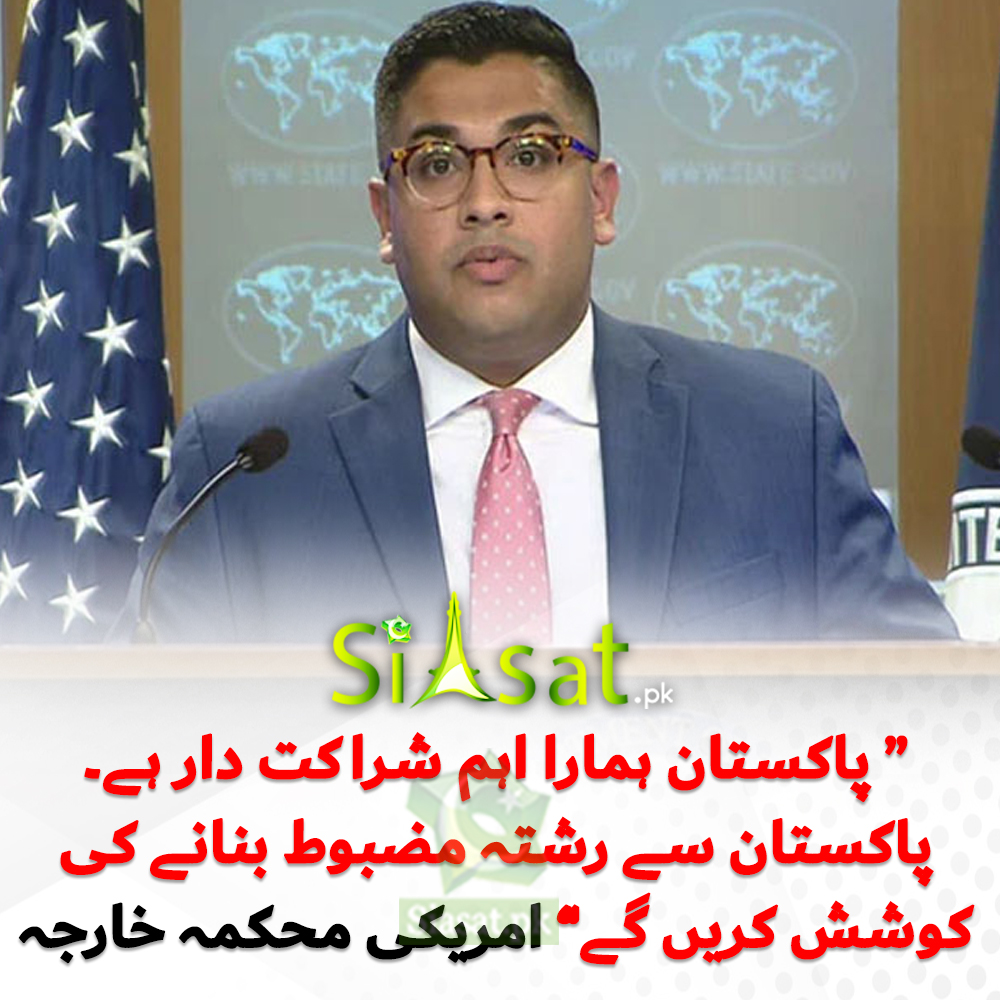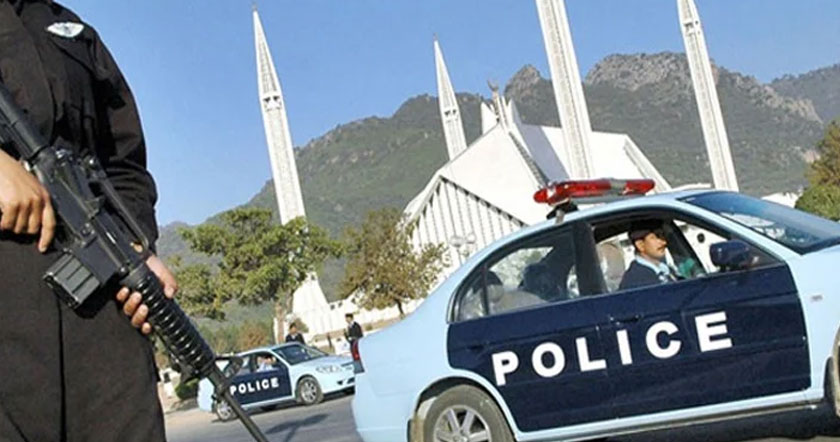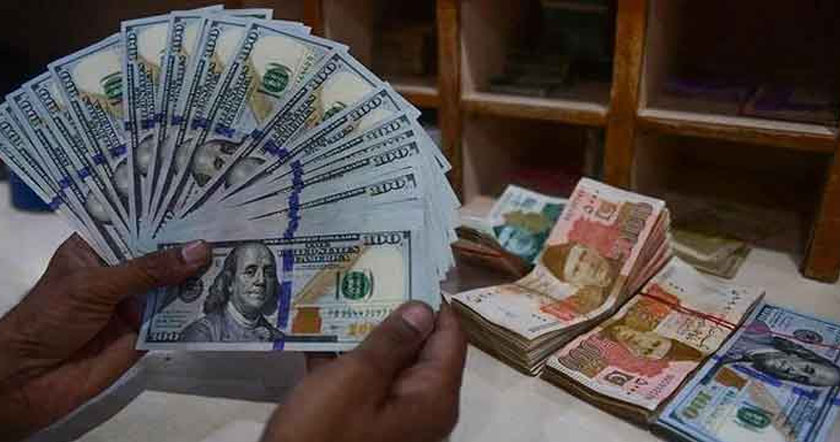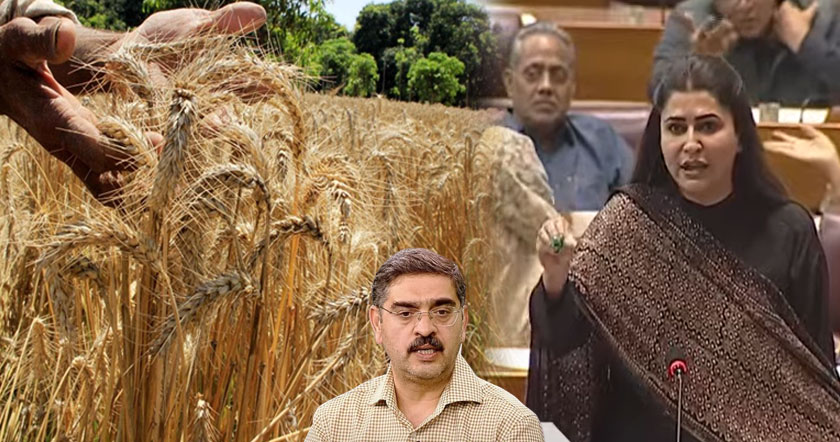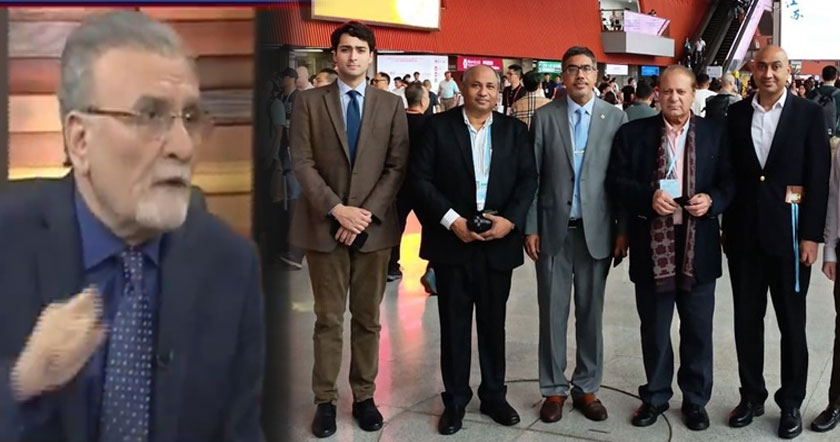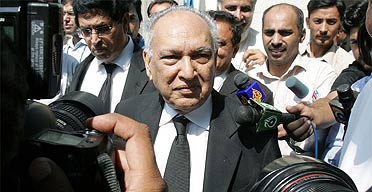
Syed Sharif ud din peerzada , born on 12 june 1923 , was a desperate but poor young man when he arrived in Pakistan after partition . He did what ever he could to become rich.

(Copied from newyork times.)
Syed Sharifuddin Pirzada, mysterious, influential and scorned by Pakistan’s protesters, fixes things when military rulers take over here, scripting temporary charters and new oaths of office as constitutions are shredded and judges dismissed. Mr. Pirzada was the lawyer for President Pervez Musharraf, who turned to him when he decided he would get rid of a Supreme Court that was threatening to derail his re-election for a second term.
By Mr. Pirzada’s account, delivered as he sat on a brocade-covered couch in his living room, he met with Mr. Musharraf and his cabinet on Nov. 2, the day before martial law was imposed.
The emergency decree to replace the real Constitution had already been dusted off. Mr. Pirzada made some final touches on the document, which was familiar to him: he had composed it for Gen. Mohammad Zia ul-Haq, who seized power in 1977. “They always keep things ready,” he said of his handiwork.
The emergency order that Mr. Pirzada wrote is expected to be lifted Saturday. But at the same time a new raft of provisions devised to enhance Mr. Musharraf’s presidential powers, particularly over the courts, will be enacted without Parliament’s assent. “Why should we wait for Parliament?” Mr. Pirzada said.
To those who complain that he has perverted the course of democracy in Pakistan by easing the path of military dictators
— first Gen. Mohammad Ayub Khan in 1958, then Gen. Agha Mohammad Yahya Khan in 1969, followed by General Zia, and now Mr. Musharraf — Mr. Pirzada says he is just a lawyer for hire available to anyone who wants his services.
He even helped the opposition leaders Benazir Bhutto and Nawaz Sharif on several cases when they were civilian prime ministers, he said.
“The question of conscience in law hardly matters as long as you influence the authorities to be moderate and exercise restraint,” he said. “Otherwise they take extreme steps.”
An interview with Mr. Pirzada is a bit like a drawing room boxing match, a jab here, a polite jab back, an offense there, a defensive move in rejoinder. Confident and cool, short in stature, he offers an occasional smile, and a slight underlying charm that must comfort needy clients and reassure knowing judges.
IN making no apologies for his role in Pakistan’s troubled history, Mr. Pirzada does not deny the mordant view that he once expressed about himself and his homeland.
“Accept me as I am with warts, blemishes, briefcases and all,” he told Ardeshir Cowasjee, a veteran columnist for the newspaper Dawn. “If it were not for all the weak and corrupt governments of Pakistan, I would not be where I am today.”
Asked if he had indeed said that, Mr. Pirzada said evenly, “That is substantially correct.”
Mr. Cowasjee spoke with a chuckle on the telephone about his friend of many decades: “He can play any game by any rules — which he makes most of the time,” he said from his home in Karachi, where Mr. Pirzada also lives most of the time.
Pakistan’s lawyers, scandalized by the imposition of military rule and the arrest of judges and prominent lawyers under the Nov. 3 decree, continue to protest. Several lawyers, including the president of the Supreme Court Bar Association, Aitzaz Ahsan, remained under house arrest, and the chief justice of the Supreme Court, Iftikhar Muhammad Chaudhry, and other Supreme Court justices were being kept behind barbed wire and police guard at their homes.
There is no secret about the poisonous relationship between the polar opposites,
“He stands out as an example of all that a lawyer and a jurist must not be,” Mr. Pirzada has the unique distinction of having been a willing partner in each one of the four military regimes.
After being reminded of Mr. Aitzaz Ahsan’s characterization of him, Mr. Pirzada retorted that any mention of his enemy within earshot was off limits. “I would not like to hear his name at all.” The comments were “improper and malicious,” he said.
Mr. Pirzada stresses his early pedigree as an assistant to the founder of Pakistan, Muhammad Ali Jinnah, the lawyer-politician who insisted on a separate country for the Muslims of British-ruled India. He often mentions his association, and plays up a 1944 photograph he says was taken of him standing between Mr. Jinnah and Gandhi, even though his friends insist the photo is a fake.
“He told me to become a lawyer,” said Mr. Pirzada of the man he calls his mentor. “I wanted to be a writer, something like that. If I had, I would have ended up on the streets.”
His first major posts in a military government were as foreign minister and then attorney general for General Mohammad Ayub Khan. It was under General Zia that Mr. Pirzada got his first big taste of power. “Zia took over July 5, 1977,” he recalled. “He inducted me as attorney general. I got the validation of his takeover by the Supreme Court.”
Mr. Musharraf first sought Mr. Pirzada at 2:30 a.m. on Oct. 13, 1999, a few hours after he seized power. Mr. Pirzada says he received a phone call from the general, asking him to come immediately with him to Islamabad. So confident was Mr. Pirzada in his indispensability in the general’s hour of need that he replied that he needed his sleep. “I said, ‘No, I will come in the afternoon.’ I took the midday plane, then I met him.”
ONE of the standard deviations used by Mr. Pirzada when smoothing the path for a new military government is to demand that judges take an oath that omits the phrase “to protect, uphold and defend the Constitution.” In this way, his critics said, Mr. Pirzada and his masters are able to get rid of judges not to their liking.
Mr. Pirzada put the oaths to work on Mr. Musharraf’s behalf in January 2000 when the Supreme Court justices, numbering 13 at the time, were asked with little warning to take the new oath of office. One judge, Wajihuddin Ahmed, recalled, “Six of us refused,” and were forced out.

Mr. Pirzada has been rewarded for his services to Mr. Musharraf with a post on the National Security Council, a role as senior adviser in the Musharraf cabinet, and several trips accompanying the general on visits to Washington to see President Bush.
As much as Pakistan’s opposition lawyers speak with disdain of Mr. Pirzada, he replies in kind. “They were acting as politicians,” he said of the protesting lawyers.
Anyway, he asked, what has civilian rule contributed to Pakistan? He answered with the note of a practiced cynic: “The trouble is the people of Pakistan. They were merely spectators. Half the time there has been military rule, and half civilian rule. Both were alike in despotism and corruption.”


